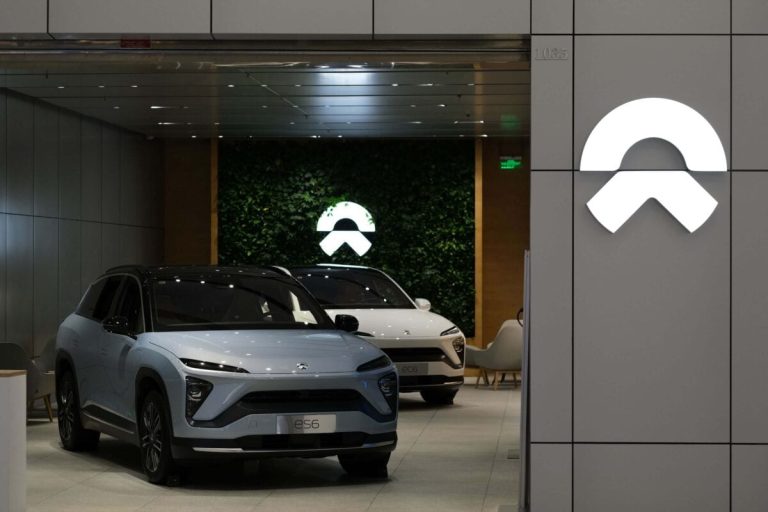
Technological Innovations Shaping 2025: A Year of Revolutionary Changes
Technological innovations are transforming the world at an unprecedented pace. As we step into 2025, we can expect to see significant advancements in various fields, from artificial intelligence and robotics to the Internet of Things and cybersecurity. In this article, we will explore the top technological innovations that are shaping 2025 and beyond.
Artificial Intelligence and Machine Learning
Artificial intelligence (AI) and machine learning (ML) are two of the most exciting technological innovations of our time. AI refers to the development of computer systems that can perform tasks that typically require human intelligence, such as visual perception, speech recognition, and decision-making. ML, on the other hand, is a subset of AI that involves the use of algorithms to enable machines to learn from data and improve their performance over time.
In 2025, we can expect to see widespread adoption of AI and ML in various industries, including healthcare, finance, and transportation. For example, AI-powered chatbots will become more common in customer service, while ML algorithms will be used to predict and prevent cyberattacks.
The Internet of Things (IoT)
The Internet of Things (IoT) refers to the network of physical devices, vehicles, and other items that are embedded with sensors, software, and connectivity, allowing them to collect and exchange data. In 2025, the IoT will continue to grow, with more devices becoming connected and interacting with each other.
The IoT will have a significant impact on various industries, including manufacturing, logistics, and smart homes. For example, IoT sensors will be used to monitor and optimize production processes, while smart home devices will become more integrated and automated.
Cybersecurity
Cybersecurity is a critical concern in today’s digital age. As more devices become connected to the internet, the risk of cyberattacks and data breaches increases. In 2025, we can expect to see a significant increase in cybersecurity threats, including phishing, ransomware, and denial-of-service attacks.
To combat these threats, companies will need to invest in robust cybersecurity measures, including firewalls, intrusion detection systems, and encryption. Additionally, individuals will need to be more vigilant and take steps to protect their personal data, such as using strong passwords and being cautious when clicking on links or downloading attachments.
5G Networks
5G networks are the next generation of wireless technology, offering faster data speeds, lower latency, and greater connectivity than their 4G predecessors. In 2025, 5G networks will become more widespread, enabling new use cases such as enhanced mobile broadband, massive machine-type communications, and ultra-reliable low-latency communications.
The impact of 5G will be felt across various industries, including healthcare, education, and entertainment. For example, 5G will enable remote healthcare services, such as telemedicine and remote monitoring, while also supporting immersive technologies like virtual and augmented reality.
Conclusion
In conclusion, 2025 will be a year of significant technological innovations, with advancements in AI, ML, IoT, cybersecurity, and 5G networks. These innovations will have a profound impact on various industries and aspects of our lives, from healthcare and finance to transportation and education.
As we move forward, it’s essential to stay informed and adapt to these changes. By understanding the latest technological trends and innovations, we can harness their potential to create a better future for ourselves and generations to come.






